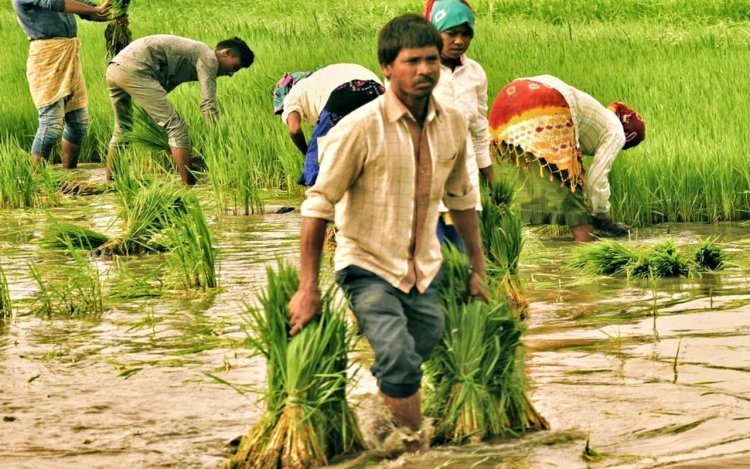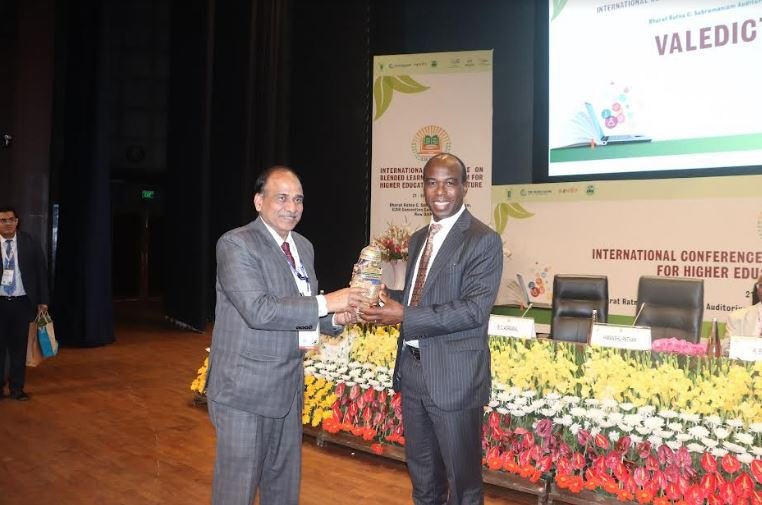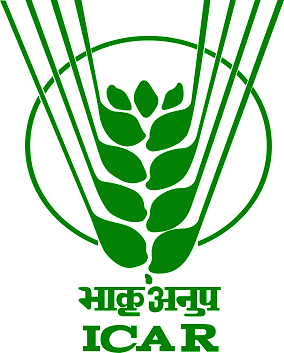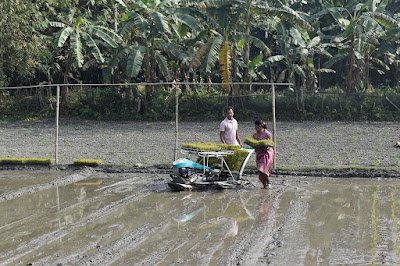World Bank to showcase the Himachal Pradesh Horticulture Development Project as a model project across the world
Paulrasu expressed satisfaction with the project’s overall performance and stated that the department was eager for the World Bank to finance the project’s second phase.
The Himachal Pradesh Horticulture Development Project will be presented by the World Bank as an example project for other countries. Three years after the project’s 2016 commencement, the World Bank wrote to the Himachal Government in 2019 to shut it down since it had gotten off to a bad start and seemed certain to fail. Since the project didn’t seem to be progressing, the World Bank essentially opted to end it. The World Bank team head, Bekzod Shamshiev, stated, “But then the Himachal government and the implementing agencies turned it around so effectively that we now intend to use it as a model project around the world.”
The World Bank-funded initiative, which was worth about Rs 1,100 crore, was started in 2016 with the goal of improving the production and productivity of temperate fruits, namely apples, as well as the marketing infrastructure. According to government representatives, the project has been highly successful in accomplishing its goal.
“Under the initiative, we have imported more than 30 lakh high-quality plants and rootstocks of different fruits. We now have 47 different types of apples available. The state is currently increasing the amount of imported planting material and making it more affordable for fruit growers, according to Secretary of Horticulture C. Paulrasu.
Sudesh Mokhta, the MD of HPMC, stated that the project has been quite effective in providing the apple growers with market facilities. “As part of the project, we renovated the existing CA stores and constructed new ones. At Parala, a cutting-edge fruit processing facility has been built. Additionally, irrigation facilities have been built and new market yards have been established,” Mokhta stated.
According to Paulrasu, the project’s effects on the state’s diminishing apple production and productivity over the past few years would become apparent over the course of the next four to five years. Paulrasu stated that it would take a few more years for the new plantation to achieve the ideal level of production and increase the state’s total output and productivity.
Paulrasu expressed satisfaction with the project’s overall performance and stated that the department was eager for the World Bank to finance the project’s second phase. “The project’s second phase can be used for horticulture, agriculture, and animal husbandry. But the government should make a decision on it,” Paulrasu stated.
Paulrasu expressed satisfaction with the project's overall










